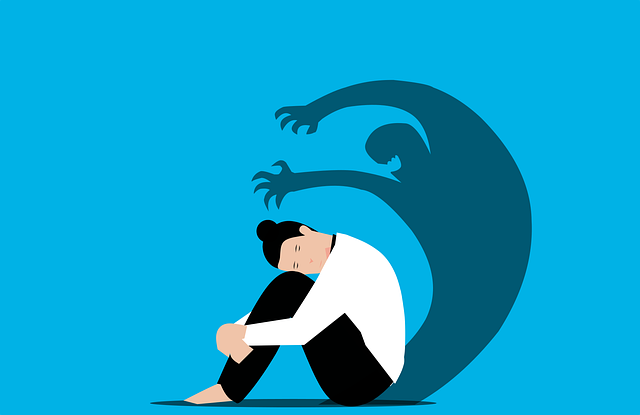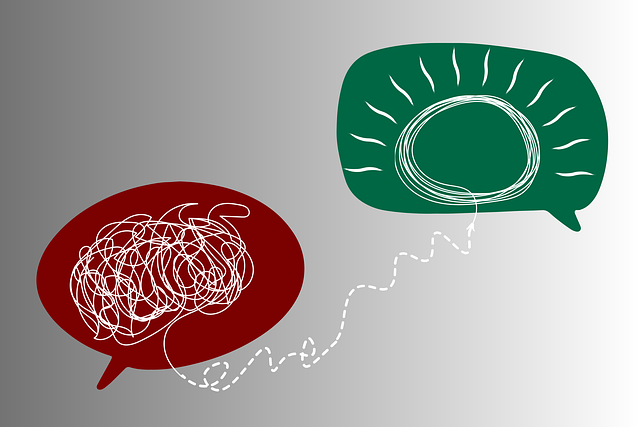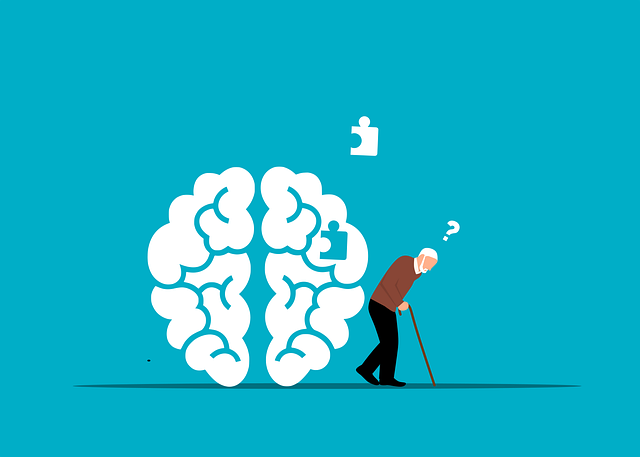Mental wellness self-assessment tools, guided by Mind Over Matter principles and often integrating therapy for hypnosis, offer individuals a structured framework to evaluate and improve their emotional, psychological, and behavioral states. These tools not only identify concerns but also guide informed decisions about well-being, inform Mental Health Policy Analysis, and support journaling exercises for tracking progress. By empowering individuals with self-care practices and positive thinking, these assessments contribute to overall mental wellness in a fast-paced world. Integrating them with professional support enhances effectiveness, fostering a sense of agency and tailored interventions based on unique needs. Success is measured holistically, including user satisfaction, effects on daily life, stress management, and mood regulation, with continuous improvement driven by data insights and the inclusion of therapeutic techniques like hypnosis.
Mental wellness self-assessment tools play a crucial role in empowering individuals to take charge of their mental health. This article explores the development of such tools, focusing on the integration of therapy for hypnosis techniques. We delve into understanding the core principles of mental wellness self-assessments, the unique benefits of incorporating hypnosis, and key considerations for effective tool creation. Additionally, we discuss strategies for combining self-assessment with professional support and methods to measure success and ensure continuous improvement.
- Understanding Mental Wellness Self-Assessment Tools
- The Role of Therapy for Hypnosis in Self-Assessment
- Developing Effective Assessment Tools: Key Considerations
- Integrating Self-Assessment with Professional Support
- Measuring Success and Continuous Improvement
Understanding Mental Wellness Self-Assessment Tools

Mental wellness self-assessment tools play a crucial role in empowering individuals to take charge of their mental health. These tools provide a structured framework for individuals to evaluate their emotional, psychological, and behavioral states, enabling them to identify areas of concern and make informed decisions about their well-being. By integrating therapy for hypnosis techniques, these assessments can offer valuable insights into unconscious patterns and beliefs that may be hindering optimal mental wellness. The Mind Over Matter principles underlying such tools encourage individuals to develop self-awareness and cultivate healthier coping mechanisms.
In addition to enhancing individual practices, mental wellness self-assessment tools are instrumental in informing broader Mental Health Policy Analysis and Advocacy efforts. By gathering data on mental health trends and gaps in access to care, these tools can support the development of evidence-based policies that promote equitable access to mental wellness resources. Furthermore, they provide guidance for Mental Wellness Journaling Exercises, helping individuals track their progress over time and refine strategies for maintaining long-term mental health and resilience.
The Role of Therapy for Hypnosis in Self-Assessment

Therapy for Hypnosis plays a pivotal role in the development of self-assessment tools for mental wellness. This therapeutic approach harnesses the power of the subconscious mind, enabling individuals to gain profound insights into their emotional and psychological states. Through hypnosis, people can explore unheeded patterns, memories, and beliefs that often contribute to mental health challenges such as depression. By accessing these hidden resources, individuals can uncover barriers to well-being and develop effective coping strategies.
Integrating Therapy for Hypnosis into self-assessment tools enhances their efficacy, making them valuable components in Mental Wellness Coaching Programs Development. Moreover, healthcare provider cultural competency training can be enhanced by incorporating hypnotic techniques, ensuring more nuanced and personalized care. This holistic approach not only aids in depression prevention but also fosters a deeper understanding of the mind, ultimately contributing to improved mental wellness outcomes.
Developing Effective Assessment Tools: Key Considerations

Developing effective mental wellness self-assessment tools is a meticulous process that requires careful consideration to ensure accuracy and utility. These instruments play a pivotal role in empowering individuals to take charge of their mental health, facilitating early intervention, and guiding personalized support. Key considerations include integrating validated psychological assessments, incorporating dimensions relevant to diverse populations, and ensuring cultural sensitivity to promote equitable access.
Moreover, the design should be user-friendly, allowing for straightforward administration and interpretation. Incorporating elements from evidence-based practices like therapy for hypnosis can enhance their effectiveness in stress management and burnout prevention strategies for healthcare providers. By prioritizing self-care practices and positive thinking, these tools can contribute to overall well-being, making them valuable resources in today’s fast-paced world.
Integrating Self-Assessment with Professional Support

Integrating self-assessment tools with professional support is a powerful approach to enhancing mental wellness. These assessments provide individuals with valuable insights into their emotional well-being, potentially uncovering areas of concern that may require therapy for hypnosis or other specialized interventions. By combining self-reflection and expert guidance, individuals can navigate complex emotions more effectively.
Self-assessment serves as a foundational step in Emotional Well-being Promotion Techniques and Mental Illness Stigma Reduction Efforts. It empowers people to take charge of their mental health, fostering a sense of agency. Moreover, it allows professionals to tailor support, ensuring that interventions are targeted, effective, and aligned with the unique needs of each individual. This holistic approach can significantly contribute to improving overall community mental wellness.
Measuring Success and Continuous Improvement

Measuring success in mental wellness self-assessment tools is a multifaceted process that goes beyond simple accuracy. It involves evaluating user satisfaction, the impact on daily functioning, and improvements in key areas like stress management and mood regulation. By integrating feedback mechanisms, such as regular check-ins and detailed tracking features, tools can adapt to individual needs and offer personalized guidance more effectively.
Continuous improvement is achieved through iterative design based on data insights. This may include refining questions for clarity, adding new relevant metrics, or incorporating therapeutic techniques like hypnosis for those seeking alternative approaches to stress management. The ultimate goal is to create dynamic, user-centric tools that support long-term mental wellness, potentially augmenting traditional therapy and providing accessible self-care solutions.
Mental wellness self-assessment tools play a pivotal role in empowering individuals to take charge of their mental health. By integrating key considerations, such as professional support and continuous improvement, these tools can effectively leverage therapy for hypnosis to offer insightful evaluations. Through regular use, they foster a proactive approach to mental wellness, enabling folks to navigate life’s challenges with resilience and grace.











